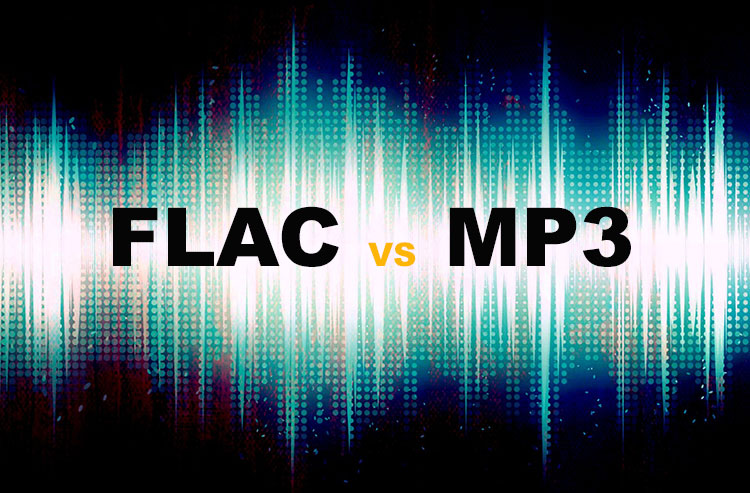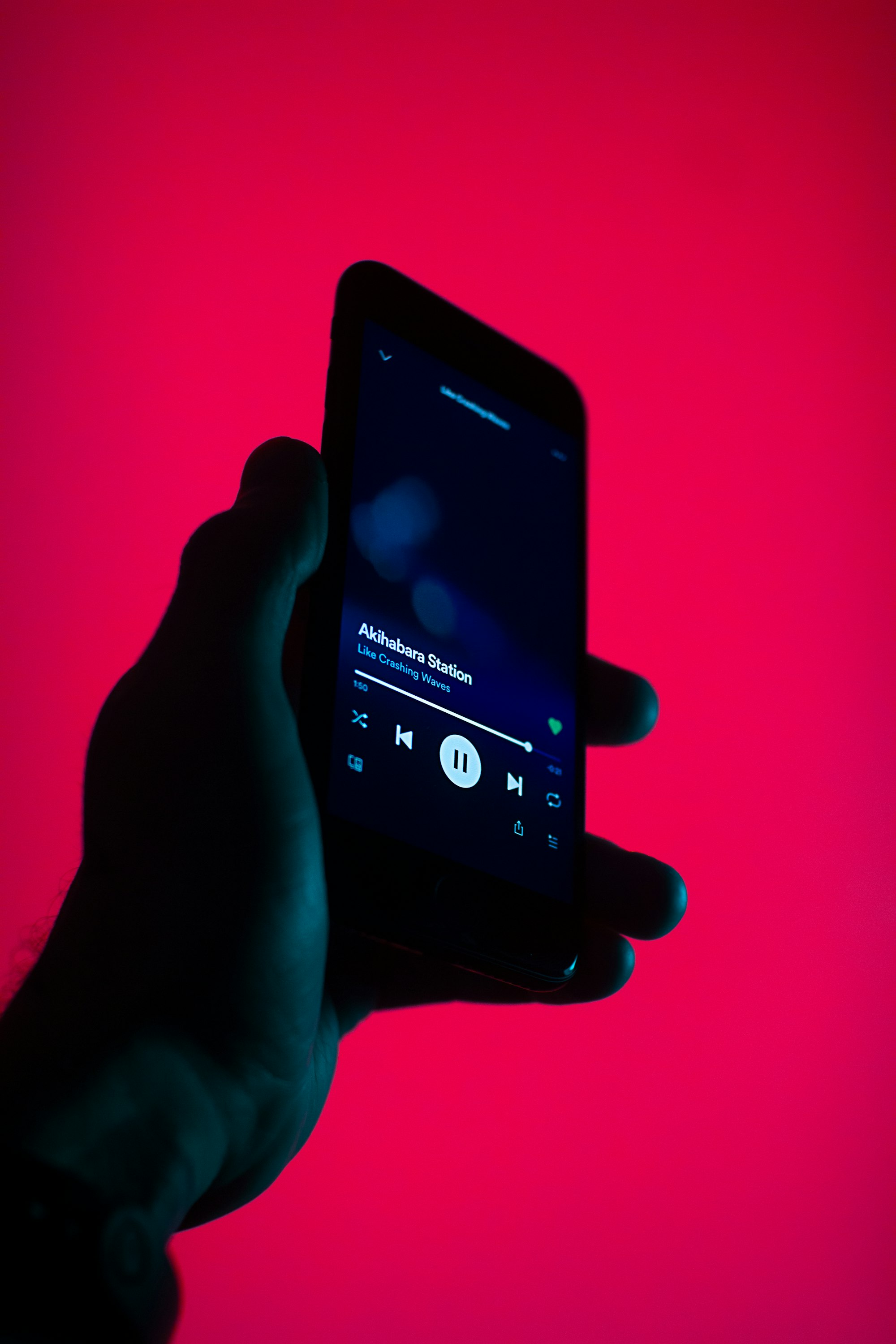Is FLAC better than MP3?

Today we are going to discuss the differences between two popular audio formats: FLAC (Free Lossless Audio Codec) and MP3. Our aim is to make sure that when you finish reading this article you have a clear idea about these music formats and their features. And your next step will be to choose the one which suits you best!If we were to choose only one word to describe MP3 format, it would be “lossy”. Whereas FLAC, on the opposite, would get “lossless”.Unlike MP3, FLAC simply plays files without any loss of audio data. In fact, these two formats cannot be compared quality-wise, because FLAC’s quality is as in original recording, whereas MP3's is not. If some people are not using professional music equipment, they won’t hear any difference between FLAC and high bitrate MP3 files.
FLAC vs. MP3, in terms of quality, always wins. Does it mean that better quality leads to a better sound? Yes and no. The thing is that, yes, there is a very clear difference in the sound when one listens to FLAC files. But this applies only when they are using good headphones and an appropriate sound system. If the person does not have any of these, and tries to listen to FLAC files while wearing cheap headphones – the magic is lost, and sadly, FLAC may sound to them just like MP3. That’s why many people claim to hear no difference between FLAC and MP3 and it is obvious that they choose MP3 over FLAC – in addition to same quality the size is smaller! But they are so deeply mistaken. As you can see, it can be very hard to distinguish between these two formats if you are not using good headphones and sound system.
Learn more about hi-res
Future of FLAC vs. MP3!If you ever decide to convert your MP3 to any other format, more data will be lost. It happens because it is a lossy format, it is not “complete” from the very beginning. Consequently, more data will be lost with every following conversion. However, this is not the case with FLAC files. When converted to WMA lossless or even to lossy MP3, no quality is lost and it can be done numerous times if needed. After all those conversions and copying, the file will stay the same, the quality will be just like in the beginning.Playability!Nowadays MP3 can be played literally on every single device on earth. This is a great thing about it, its popularity has led to us not even doubting whether we will be able to play it on our new phone. With FLAC the situation is slightly different. Even though it is becoming more and more popular day by day, it is still not so common to see on a default music player installed on a smartphone, which can play FLAC files. It is not a very big deal though – there is a number of excellent music and media players, such as VOX Music Player for Mac and iPhone, which can play other lossless formats as well.
Download VOX for Mac
More and more music players add FLAC feature to their products to meet the demand, so if you decide to go for FLAC – you might even be lost between all the available players! :) But.. https://vox.rocks/resources/can-itunes-play-flac-files.So what you really should know about these formats:
1. MP3 always uses 16bit audio (CD quality) which is much less than 24bit DVD audio.2. FLAC file is 5 times larger than MP3 - that’s why FLAC usually takes more space on your hard drive.3. FLAC is the ‘first truly open and free lossless audio format.’4. The MP3 sampling frequency is limited to 44.1 kHz; it is enough for lossy compression.5. FLAC is not intended to be DRM-protected, but someone can encrypt their FLAC file in another container format.6. FLAC format is error resistant - if a mistake occurs in one frame, it doesn’t destroy the rest of the stream (like other audio formats). Instead, just that one frame, which might be limited to just a fraction of the whole file.In the battle of FLAC vs. MP3 there are no winners or losers. Both of them have advantages and disadvantages, both of them have strong armies of followers too. We think that one has to listen to both first and make a decision for himself. But don’t forget, this is a free world, no one will blame you if you continue listening to files in both formats! :)






